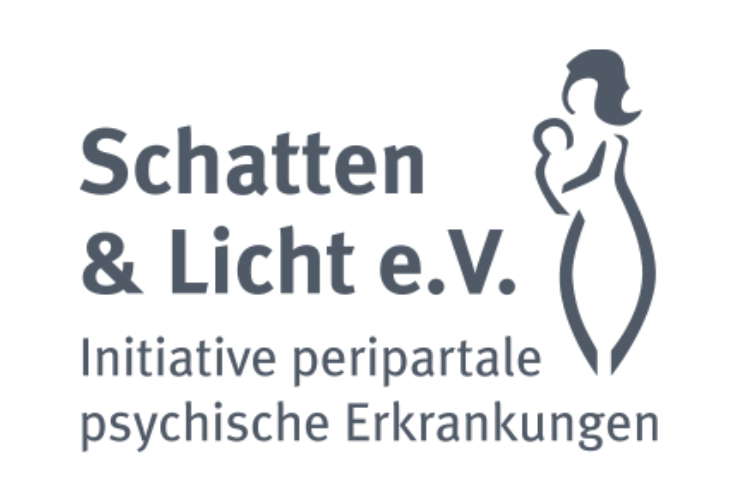Education and early recognition

Midwives and those helping women prepare for childbirth play an important educational and informative role. There is also the chance to provide information about the clinical picture of peripartal disorders during the preparations for the birth, so that affected women can identify their condition quickly and seek help. Preparing for the birth can also counteract the occurrence of postpartum depression. It is also important that the midwife or instructor helping the mother prepare for the birth offers to be a contact person in the event symptoms of a mental crisis emerge. If this offer is expressed openly, it is easier for the woman to take it up if necessary. In addition to an oral offer, it is also important to provide written information to which the mother can refer if necessary. When preparing for their birth, all pregnant women should receive an information leaflet that provides brief information about clinical pictures and causes of peripartal disorders and gives sources of support. Schatten & Licht has compiled an information flyer (to order, see Contact us) for this purpose.
Paying particular attention to the emotional side of motherhood as soon as the baby arrives will make a considerable contribution to the wellbeing women who have just given birth because a traumatic birth experience is a crucial factor in the occurrence of postpartum mental crises. The midwife should take the time during her aftercare visits, to address this topic, often considered taboo, and thus offering the mother the possibility of talking about any unhappy feelings she may be experiencing. As midwives often get to know the mothers during pregnancy, they may themselves notice changes in behaviour after childbirth. Early diagnosis prevents the depression becoming chronic. The midwife’s task here is to recognise and classify symptoms early on the basis of her diagnostic skills, to speak to the affected woman, to inform her carefully and to refer her on to a therapist, if necessary.
A good tool for the early detection of depression in women is the Edinburgh Postnatal Depression Scale (EPDS) by Cox (see Edinburgh Postnatal Depression Scale). It is sensible to check all treated mothers using this scale, as used in England for example, in order to identify early those women that may be affected. This also requires an immediate prolongation of postpartum aftercare by the gynaecologist. Aftercare examinations in defined intervals should aim to identify women with PPD/PPP and trigger supporting measures before the depression becomes chronic. A routine check based on the EPDS during the first months after childbirth could help identify many mothers who need and thus prevent a worsening of their condition.


